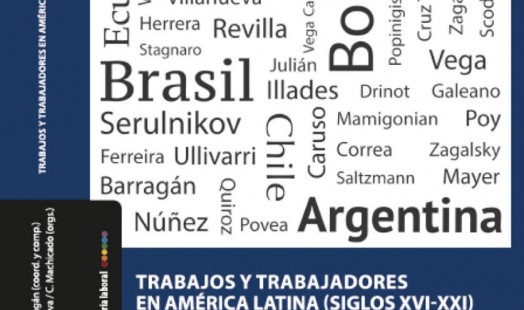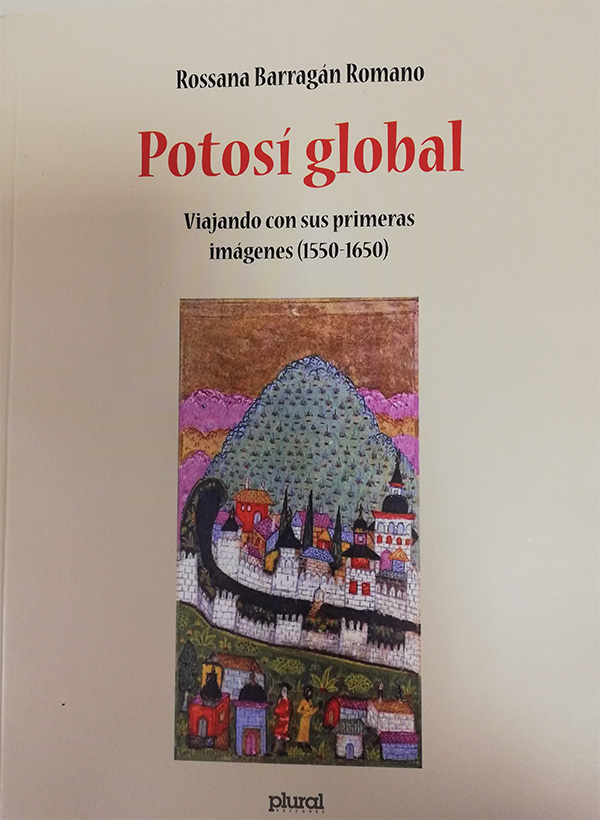Two new publications by Rossana Barragán
Potosí Global (Viajando con sus primeras imágenes, 1550-1650, La Paz: Plural) and Work and Workers in Latin America (Trabajo y Trabajadores en América Latina, Siglos XVI-XXI (CIS, REDLATT, 2019) .
Potosí Global (Viajando con sus primeras imágenes, 1550-1650, La Paz: Plural) is a journey along the descriptions and depictions of Potosí and the connections entangled through them between Seville, Antwerp, Frankfurt and Constantinople.
Work and Workers in Latin America (Trabajo y Trabajadores en América Latina, Siglos XVI-XXI (CIS, REDLATT, 2019)
This book is the result of the network on Labour on Latin America (REDLATT) that received the support of different institutions, mainly the IISG, Re-Work and CIS, for its conference and book.






